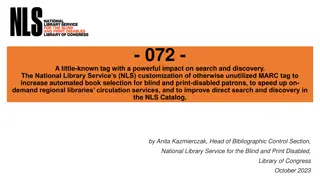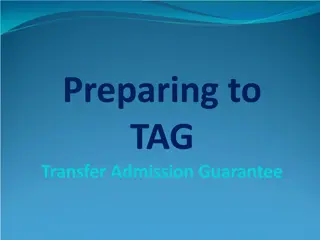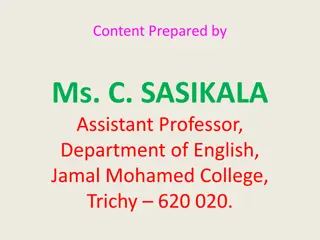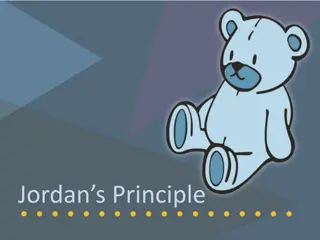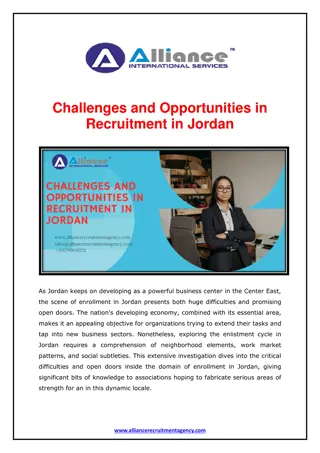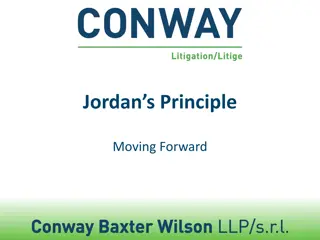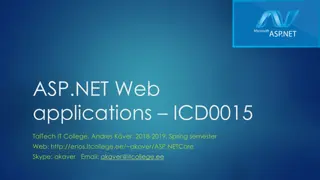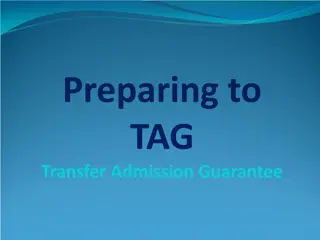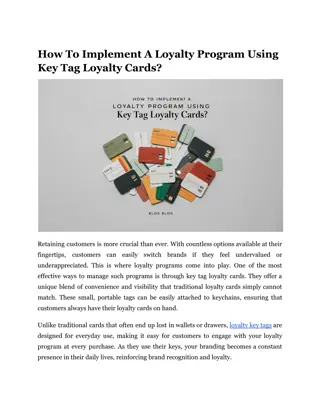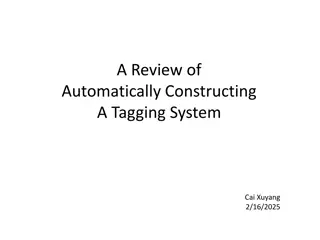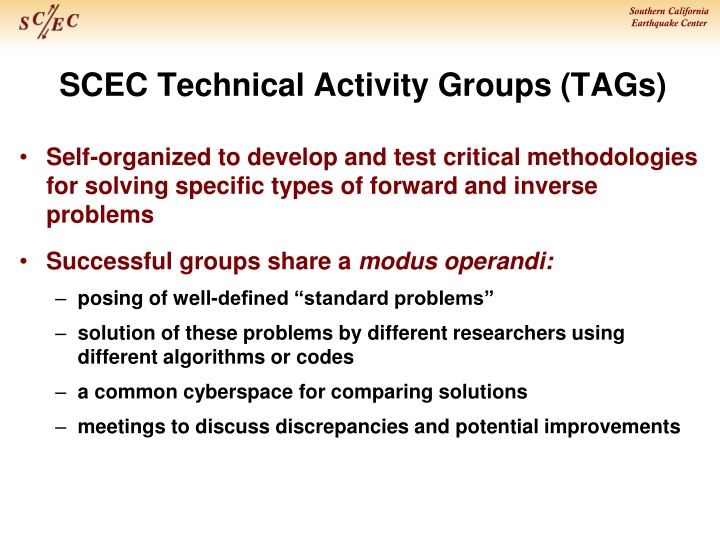
Innovative Methodologies for Earthquake Research Collaboration
The Southern California Earthquake Center (SCEC) facilitates self-organized Technical Activity Groups to develop and test methodologies for solving earthquake-related problems. These groups pose standard problems, which are solved by different researchers using various algorithms, leading to discussions and improvements. The SCEC focuses on validation and verification processes, including ground motion simulation validation, to ensure accuracy and applicability in earthquake engineering. Coordination with engineering partnerships ensures the relevance of research outcomes for real-world applications.
Download Presentation

Please find below an Image/Link to download the presentation.
The content on the website is provided AS IS for your information and personal use only. It may not be sold, licensed, or shared on other websites without obtaining consent from the author. If you encounter any issues during the download, it is possible that the publisher has removed the file from their server.
You are allowed to download the files provided on this website for personal or commercial use, subject to the condition that they are used lawfully. All files are the property of their respective owners.
The content on the website is provided AS IS for your information and personal use only. It may not be sold, licensed, or shared on other websites without obtaining consent from the author.
E N D
Presentation Transcript
Southern California Earthquake Center SCEC Technical Activity Groups (TAGs) Self-organized to develop and test critical methodologies for solving specific types of forward and inverse problems Successful groups share a modus operandi: posing of well-defined standard problems solution of these problems by different researchers using different algorithms or codes a common cyberspace for comparing solutions meetings to discuss discrepancies and potential improvements
Southern California Earthquake Center SCEC Technical Activity Groups (TAGs) Rupture Dynamics Code Verification Source Inversion Verification Earthquake Simulators Geodetic Detectors Ground Motion Simulation Validation
Southern California Earthquake Center Validation vs. Verification Verification substantiates that a model does what it is supposed to do at a specified level of precision; e. g., the mathematics is correct and properly implemented, say, in a computer code. Validation establishes that a model adequately describes the behavior of real systems within its proposed domain of applicability and that its epistemic uncertainties are properly characterized. Verification can be accomplished by comparison with other models (e.g., through cross-validation), but validation requires the comparison of model results with observations.
Southern California Earthquake Center Ground Motion Simulation Validation TAG What criteria should be imposed on SCEC ground motion simulations to qualify them for earthquake engineering applications? Which engineering applications? Which ground motion simulations? Broadband platform CyberShake platform How should the activities of this TAG be coordinated internally within SCEC and externally with engineering partnerships (e.g., PEER)?

